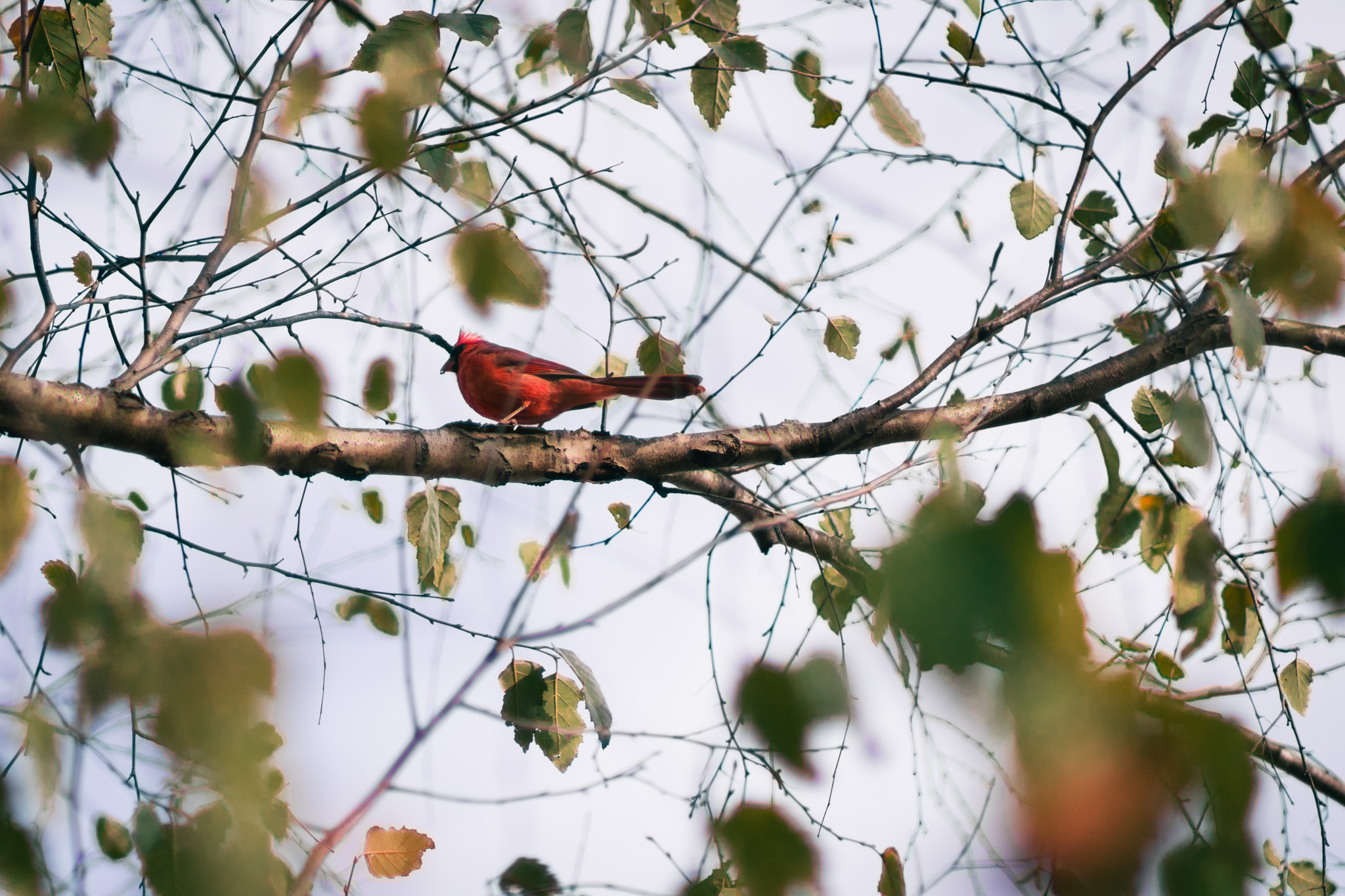Sustainability has always been a core value for junior biology major Bridget Kelly.
During the COVID-19 pandemic, Kelly had more time to dive into research about environmentalism and deepened her interest in the topic. In October, her interests led her to work with sophomore history and secondary education major Sam Krakower to create the University of Maryland chapter of the American Conservation Coalition.
The group aims to unite environmental organizations across campus, increase awareness about sustainability and address conservation challenges.
“Environmentalism is such a broad topic, and there are so many amazing things that we can do,” Kelly said.
[UMD alum’s research aims to heal wounded astronauts in space]
The organization hosted tabling events at the beginning of the semester to gauge interest and met with students to research and plan before next semester, Kelly said. The group plans to increase student outreach and host more events starting next semester.
Krakower became interested in sustainability last summer. He said the new organization fosters collaboration between students with diverse backgrounds and perspectives.
“We weren’t all born in College Park, Maryland. We all had to come from somewhere, and those somewhere’s use energy and they use resources,” Krakower said. “Let’s see what works here and let’s make it work elsewhere.”
The group plans to address food waste at this university, according to Sydney McVicker, a sophomore public policy major and member of the organization. She said the chapter is interested in redistributing unused food from campus dining halls to people around College Park.
“It would be interesting to do more with food waste on campus and more locally within College Park,” McVicker said. “That’ll give these groups a chance to collaborate and work together in different departments and also just expand everyone’s knowledge.”
[UMD DOTS hopes new bike racks will alleviate overcrowded micromobility parking]
The chapter has also advocated for expanded bus lanes, protected bike lanes and more plant-based options in the dining halls, Kelly said.
One of McVicker’s biggest priorities is increasing education about sustainability measures and how individuals can reduce their personal carbon footprints. She wants to find digestible ways to explain large environmental issues, such as climate change, so people don’t feel overwhelmed, she said.
McVicker is especially interested in environmentalism from a public policy standpoint. She joined the group because sustainability is something that impacts everyone.
“Even if you don’t necessarily feel like you know a lot about environmentalism, I don’t think it’s ever too late to learn,” McVicker said.



